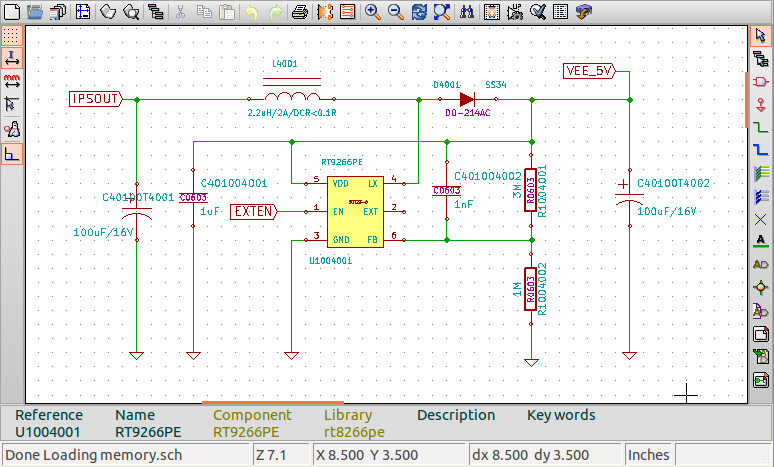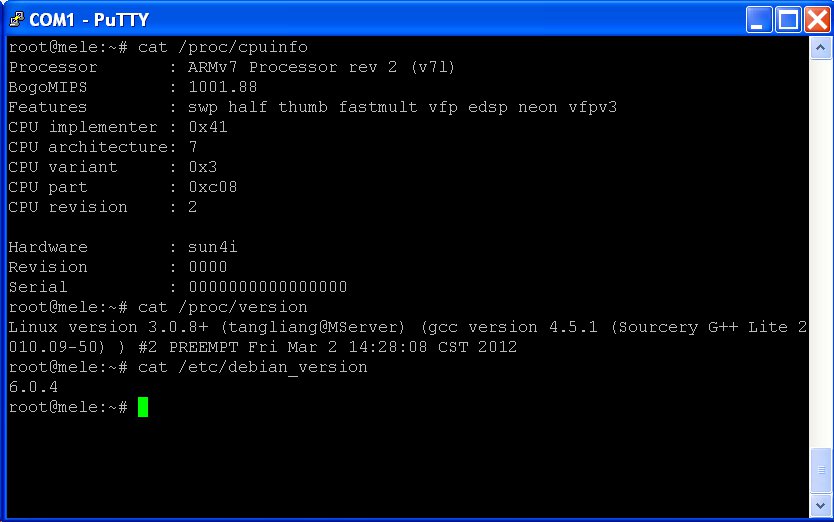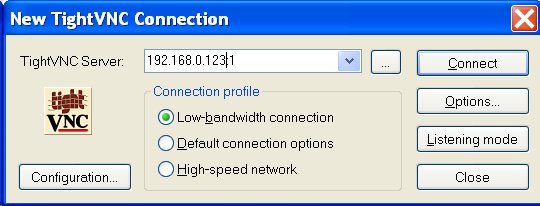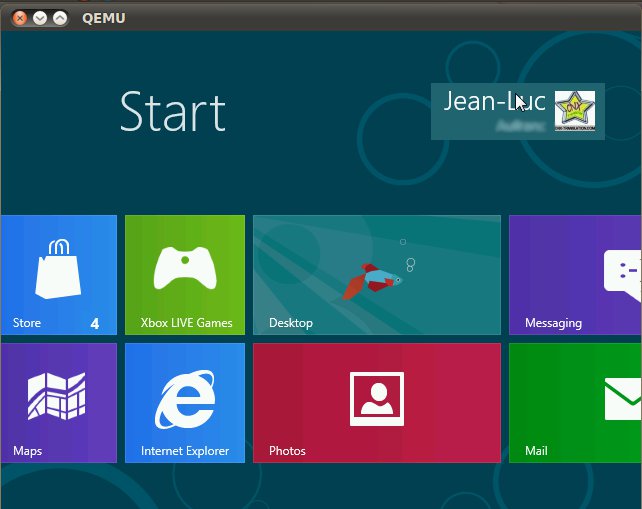Linaro has just released version 12.05 based on Linux Kernel 3.4 and Android 4.0.4. This release provides lots of improvement for Origen (Samsung Exynos 4) on Android, further work has been done on big.LITTLE processing and ARMv8 work appears to have started for Ubuntu and Debian. armel vs armhf benchmarks show a massive improvement (up to 15x) when using armhf for povray (3D rendering),. but for most other tests, there is little improvement, and in some rare cases armhf is slightly slower than armel. Here are the highlights of the release: Android Created a stable Google hangout build for Origen Updated DS-5 and gator daemon to 5.10 Stress tests from big.LITTLE testing have been integrated into LAVA Completed big.LITTLE Android tasks Monkeyrunner tests for automating common Android usage have been integrated into LAVA Ordered a new power measurement device from National Instruments Updated and Origen 3.4 rc7 Completed Android HAL […]
Schematics Capture and PCB Layout in Linux with Kicad
Most schematics capture and PCB layout software run on Windows and are closed source. But if your favorite OS is Linux, there are a few open source software including Kicad and gEDA. There is also Cadsoft Eagle which can be installed in Linux with a free license for hobbyists and educational purposes, but is not open source. Today, I’ll focus on Kicad. I don’t really capture schematics, let alone layout PCBs, but I sometimes need to use this type of software to locate pins/components on the schematics and PCB and check some parts of the schematics that can affect software. So I will mainly give an overview of Kicad and write my experience trying to import another project (Beagleboard XM) to Kicad. If you want to learn how to get started with your own project with Kicad, you might want to have a look at Teho Labs Kicad Tutorial. In […]
How to Create Your Own Debian / Ubuntu Image for Mele A1000 (AllWinner A10 Based STB)
Developers working on AllWinner A10 have released an Ubuntu 10.04 LTS SD card image (4GB) for the Mele A1000. I’ll show how you can create your own Debian or Ubuntu image based on this image for any size of SD Card using Debian 6.0 (Squeeze) and the recent Ubuntu 12.04 (Precise Pangolin) as example. The current image is not perfect, for example Ethernet doesn’t work (but you can still get network connectivity with WiFi), the NAND flash can not be accessed, the system does not appear to be very stable when running X and a few more issues. But this will be fixed by the developer community over time. First download the SD card image wget http://hands.com/~lkcl/mele-ubuntu-lucid.img.lzma Install 7z (if you don’t have it yet) and decompress the file: sudo apt-get install p7zip-full 7z x mele-ubuntu-lucid.img.lzma The decompressed size is 4008706048, which might be larger than your 4GB SD Card […]
Raspberry Pi Releases 19-04-2012 Debian and Arch Linux Images
Within less than a week, a new image for Raspberry Pi Debian has been released as well as an Arch Linux image. Debian 6 can be downloaded via: BitTorrent – debian6-19-04-2012.zip.torrent Direct HTTP download – debian6-19-04-2012.zip Username/Password: root/raspberrypi Arch Linux can be downloaded via: BitTorrent – archlinuxarm-19-04-2012.zip.torrent Direct HTTP download – archlinuxarm-19-04-2012.zip Username/Password: root/root The following Changelog is provided for Debian 6 release: Overscan adjustments ALSA driver Re-enable 1600×1200 output (regression in 13-04-2012 release) Boot file tidyup – and remove test cmdline file vcgencmd provides a version number Fixes for EDID parsing Drive DMT modes in DVI modes by default, even if HDMI is reported as supported Some initial packages that might make setting up Wi-Fi possible Includes the non-free software source (nothing from it though) – useful for Wi-Fi firmware Qt5 snapshot A small package that will allow Raspberry Pi to be used as for Qt5 development out of […]
How-to Setup a VNC Remote Connection to a Raspberry Pi
I don’t have a Raspberry Pi board, yet I’m using one right now remotely thanks to the VNC (Virtual Network Computing) protocol. The Raspberry Pi I use runs the latest Debian-13-04-2012 image. Here’s how to do to access the Raspberry Pi desktop in Windows XP. These instructions could also be followed to connect to any remote networked Linux device with minor modifications. Connect to the Raspberry Pi via SSH Install a VNC server (e.g. tightvncserver): # sudo apt-get install tightvncserver Run startx in the background # startx & Start the VNC server (it will ask a password of your choice): # tightvncserver New ‘X’ desktop is raspberrypi:1 Starting applications specified in /home/cnxsoft/.vnc/xstartup Log file is /home/cnxsoft/.vnc/raspberrypi:1.log Back to your computer. Install a VNC client such as TightVNC for Windows. You only need to select “TightVNC Viewer” during installation. Start TightVNC Viewer (In Windows XP, Start->All Programs->TightVNC->TightVNC Viewer) Enter the Raspberry […]
Second Release of Debian 6 for Raspberry Pi
As Raspberry Pi boards have started to ship this week, the Raspberry Pi foundation has also posted a new Debian 6.0 “squeeze” release to the downloads section of raspberrypi.org this week-end. This release contains several performance enhancements, including enabling the 128K system L2 cache for the first time, and first-cut ALSA drivers. Enabling the L2 cache will boost the ARM CPU performance, however, it may decrease the GPU performance. So this setup is ideal for headless server, but for other applications, for example a media player decoding 1080p30 videos, the performance might actually go down. This is still customizable, as the L2 cache can be enabled / disabled with enable_l2cache parameter in the config.txt file stored on the SD card. The ALSA drivers are here for audio support, so audio output might not have been supported in the first release (TBC), except if they used another type of audio drivers […]
Qt 5 for Raspberry Pi (QtonPi) 0.1 Release
Nokia Qt Labs has announced the very first release of Qt5 for Raspberry: QtonPi 0.1. QtonPi 0.1 includes a pre-alpha release of Qt 5, but Qt 5 alpha will be part of the next release. So bear in mind that it’s likely to be buggy and some features are missing. This release is includes: Base Layer Fedora RPM Packages plus some additional Raspberry Pi specific packages Linaro GCC 4.5.4 toolchain QtonPi image creator and sysroot tools Middleware Documentation on how to get toolchain + sysroot + Qt Creator working to Develop Apps Qt 5 running on full-screen EGFS mode The release can be downloaded via: BitTorrent – qtonpi-0.01.tar.bz2.torrent HTTP Download – qtonpi-0.01.tar.bz2 Alternatively if you are already running the Debian 6 image in the emulator or Raspberry Pi board, you can install the latest snapshot (e.g. nightly build) by adding deb http://archive.qmh-project.org/rpi/debian/ unstable main to /etc/apt/sources.list and run the following […]
Cross-compiling FreeRDP Windows Remote Desktop Client for ARM Linux (in Debian/Ubuntu)
Last month, I wrote the instructions to Cross-compile VMWare View for ARM Linux as I intended to “run” Windows 8 in an ARM client (most likely the Raspberry Pi) via PCoIP. However, the procedure to do so seems slightly complicated and requires to purchase a specific VMWare server software (VMware vSphere 5) or download a free trial. The good news is that there are other options such as VNC or RDP (Remote Desktop protocol) and Remmina, a Remote Connection client is available for Linux. As nothing is ever simple, another issue occured: if you are using a stable release of Linux (e.g. Debian Squeeze, Ubuntu 11.10) they come with older version of Remmina and either the connection is successful but the display is garbled (Version 0.7.x) either it crashes when connecting to Windows 8 via RDP (Version 0.8.x). The latest version (Remmina 1.0.0) fixes the problem and is available in […]






